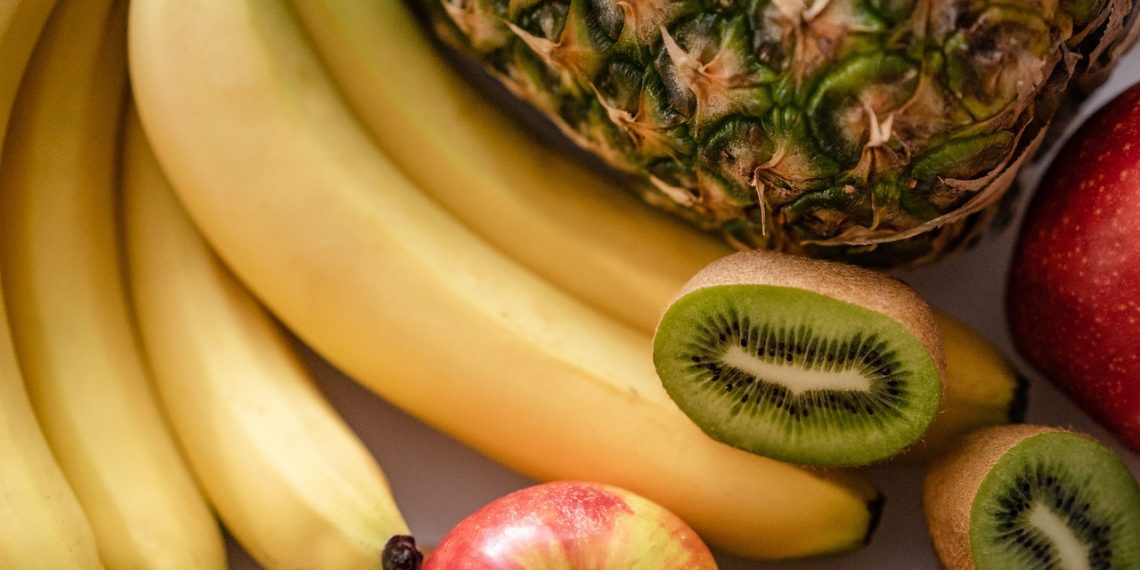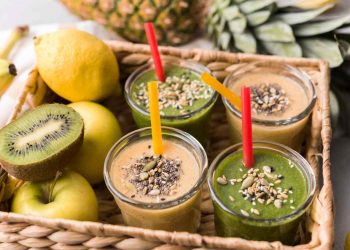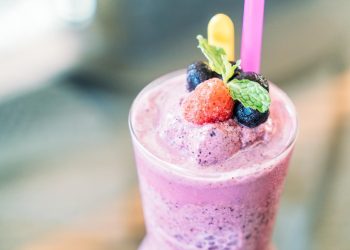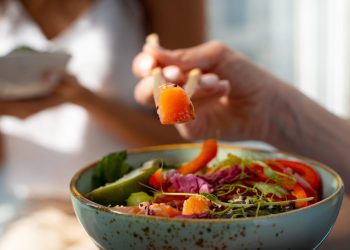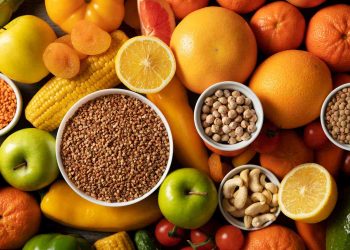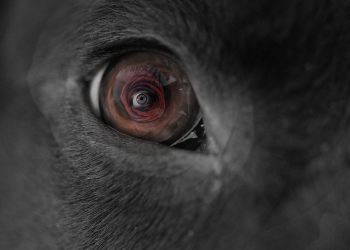Contents
- 10 Foods That Help You Drift Off to Dreamland
- 1. Almonds: The Sleepy Snack
- 2. Kiwi: The Tiny Powerhouse
- 3. Fatty Fish: The Omega-3 Dream Team
- 4. Oatmeal: The Cozy Bowl
- 5. Turkey: The Thanksgiving Classic
- 6. Chamomile Tea: The Calming Brew
- 7. Bananas: The Potassium Powerhouse
- 8. Tart Cherry Juice: The Sweet Sip
- 9. Walnuts: The Nutty Sleep Aid
- 10. Whole Grains: The Sleep Supporters
- FAQs
- Conclusion
- References
10 Foods That Help You Drift Off to Dreamland
Have you ever tossed and turned at night, staring at the ceiling while counting sheep just doesn’t cut it? Well, you’re not alone. Many of us battle the elusive quest for a good night’s sleep. While there are countless remedies out there, did you know that what you eat can significantly affect how well you sleep? Let’s dive into ten foods that might just help you drift off to dreamland.
1. Almonds: The Sleepy Snack
Almonds are not just a crunchy snack; they’re also packed with sleep-promoting nutrients. Rich in magnesium, which has been shown to improve sleep quality, almonds can help relax your muscles and calm your mind. A handful before bed might be just what you need.
But wait—there’s more. Almonds contain melatonin, the hormone responsible for regulating sleep-wake cycles. A study published in the Journal of Research in Medical Sciences found that magnesium supplementation improved sleep quality in older adults (Wang et al., 2016). So, next time you’re craving a late-night snack, consider reaching for some almonds.
2. Kiwi: The Tiny Powerhouse
These little green fruits are more than just a pretty face in your fruit bowl. Kiwis are rich in antioxidants and serotonin, which can help regulate your sleep cycle. In a study published in the American Journal of Clinical Nutrition, participants who ate two kiwis an hour before bedtime reported better sleep quality and duration (Huang et al., 2013).
But remember, moderation is key. Eating too many kiwis might lead to an upset stomach, so stick to one or two for the best results.
3. Fatty Fish: The Omega-3 Dream Team
Fatty fish like salmon, mackerel, and sardines are not just great for your heart; they can also aid sleep. These fish are high in omega-3 fatty acids and vitamin D, both of which have been linked to improved sleep quality. A study found that people who consumed fatty fish regularly experienced better sleep than those who didn’t (Suh et al., 2018).
However, cooking methods matter. Grilling or baking is ideal—avoid frying, as that can add unhealthy fats that might disrupt sleep.
4. Oatmeal: The Cozy Bowl
There’s something undeniably comforting about a warm bowl of oatmeal. Not only is it a hearty breakfast option, but it can also be a great bedtime snack. Oats are a source of melatonin and complex carbohydrates, which help increase the availability of tryptophan, an amino acid that promotes sleep.
Just be cautious with the toppings. While honey and fruits can enhance flavor, sugary additives can spike your blood sugar, making it harder to sleep. Stick to natural toppings for the best sleep benefits.
5. Turkey: The Thanksgiving Classic
Ah, turkey. It’s not just for Thanksgiving feasts! This poultry is famous for its tryptophan content, which can promote sleepiness. While the turkey myth suggests that tryptophan alone makes you sleepy, it’s actually the combination of carbs and protein in your holiday meal that does the trick.
If you’re looking for a late-night snack, a turkey sandwich on whole-grain bread could be a great option. Just remember, moderation is key—too much protein can lead to digestion issues, which can keep you awake.
6. Chamomile Tea: The Calming Brew
Chamomile tea has long been used as a natural remedy for insomnia. Its mild sedative effects come from an antioxidant called apigenin, which binds to specific receptors in your brain that may promote sleepiness.
While a cup of chamomile tea before bed is soothing, be cautious about drinking too much liquid right before sleep. You don’t want to wake up for bathroom trips!
7. Bananas: The Potassium Powerhouse
Bananas are not just a convenient snack; they’re also loaded with potassium and magnesium, both of which help relax muscles and nerves. They’re also a source of vitamin B6, which your body needs to convert tryptophan into serotonin.
However, if you’re sensitive to sugar, keep in mind that bananas do contain natural sugars. Enjoy them in moderation, perhaps paired with some yogurt for an added sleep boost.
8. Tart Cherry Juice: The Sweet Sip
Tart cherry juice is gaining traction as a sleep aid thanks to its natural melatonin content. A study published in the Journal of Medicinal Food found that participants who drank tart cherry juice reported longer sleep duration and improved sleep quality (Pigeon et al., 2010).
Just be careful with portion sizes; while it’s healthy, too much juice can lead to excess sugar intake.
9. Walnuts: The Nutty Sleep Aid
Walnuts are another excellent source of omega-3 fatty acids and melatonin. Just a small handful can help improve your sleep quality, thanks to their nutrient profile. Plus, they’re easy to add to salads, oatmeal, or even eat on their own.
One caveat? They’re calorie-dense, so keep your portions in check if you’re watching your calorie intake.
10. Whole Grains: The Sleep Supporters
Whole grains like brown rice, quinoa, and whole wheat bread can help promote sleep. Their high fiber content stabilizes blood sugar levels, preventing nighttime awakenings. Plus, they provide complex carbohydrates, which can help increase tryptophan availability.
But not all carbs are created equal. Avoid refined grains, which can spike your blood sugar and lead to restless sleep.
FAQs
Q: Can I eat these foods at any time?
A: While these foods can help promote sleep, it’s best to consume them a few hours before bedtime to allow for digestion.
Q: What if I’m allergic to nuts?
A: No worries! You can substitute nuts with seeds like pumpkin or sunflower seeds, which also have sleep-promoting properties.
Q: Are there any foods I should avoid before bed?
A: Yes! Caffeine, spicy foods, and high-sugar snacks can disrupt sleep, so it’s best to steer clear of those in the evening.
Q: How do I know if these foods are working?
A: Pay attention to your sleep patterns. If you find it easier to fall asleep and wake up feeling refreshed, these foods might be making a difference!
Conclusion
Finding the right foods to help you sleep can be a game-changer for your overall health and well-being. From almonds to tart cherry juice, incorporating these foods into your evening routine may help you drift off to dreamland more easily. But remember, everyone’s body is different, and what works for one person may not work for another. It’s essential to listen to your body and make adjustments as needed.
So, the next time you’re feeling restless, consider a late-night snack from this list. Who knows? You might just wake up feeling like a brand new person!
Disclaimer: This article is for educational purposes only and is not a substitute for professional medical advice. Always consult a qualified healthcare provider before making changes to your health routine.
References
-
Huang, Y. S., et al. (2013). “The effect of kiwi fruit on sleep quality in adults: A randomized controlled trial.” American Journal of Clinical Nutrition. https://academic.oup.com/ajcn/article/98/3/840/4571831
-
Pigeon, W. R., et al. (2010). “Effects of tart cherry juice on sleep and mood in older adults.” Journal of Medicinal Food. https://www.liebertpub.com/doi/abs/10.1089/jmf.2009.1127
-
Suh, S., et al. (2018). “Dietary fatty fish intake is associated with improved sleep quality.” Nutrients. https://www.mdpi.com/2072-6643/10/12/1776
-
Wang, X., et al. (2016). “The effect of magnesium supplementation on sleep quality: A systematic review and meta-analysis.” Journal of Research in Medical Sciences. https://www.ncbi.nlm.nih.gov/pmc/articles/PMC4730365/
Get Your FREE Natural Health Guide!
Subscribe now and receive our exclusive ebook packed with natural health tips, practical wellness advice, and easy lifestyle changes — delivered straight to your inbox.

